

25/02/26
We are very proud to be able to share the video of the BBC news coverage from Cherry Fields Primary School. A big thank you to the staff and the parents that took part in the interview.#glf #glfschools #SEND pic.twitter.com/rouvlK0ScL
follow us @CherryFieldsSch
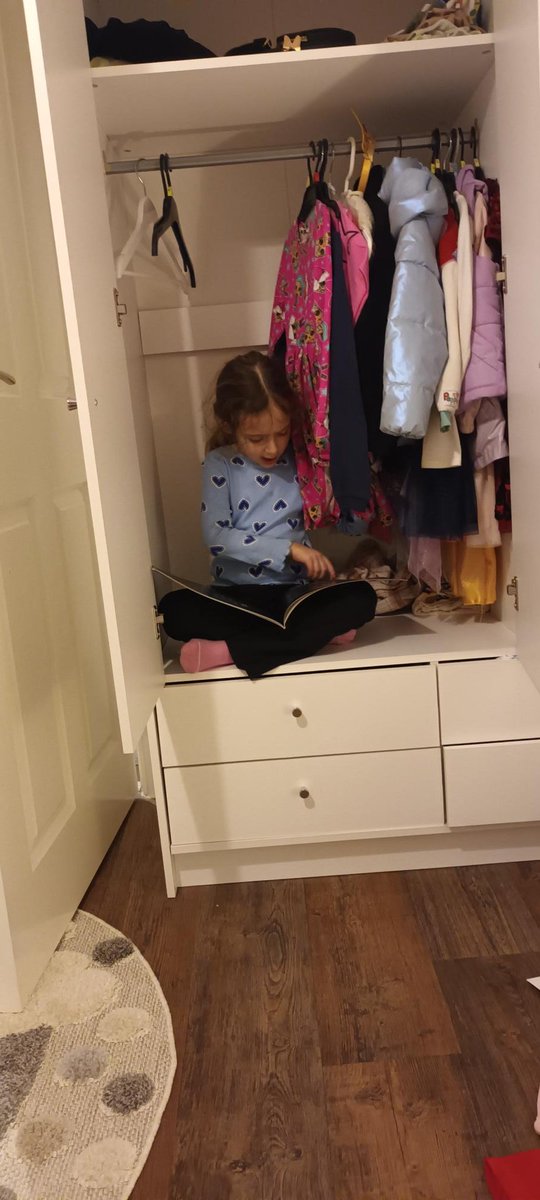
13/02/26
Well done to all who took part in our challenge for National Storytelling Week. We had lots of children reading every day this week and some fantastic photos sent in of children reading in funny places such as under tables, in airing cupboards and even in tunnels.
follow us @CherryFieldsSch
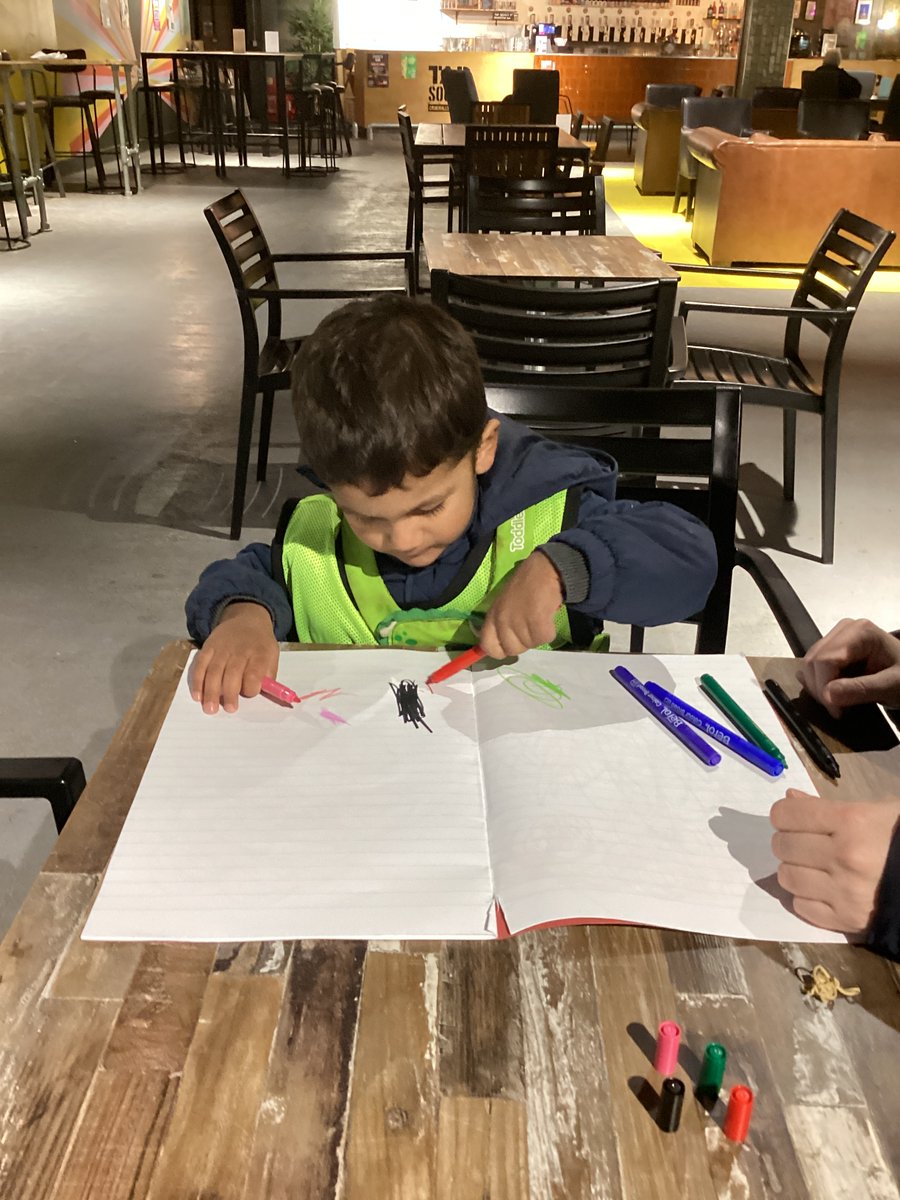
30/01/26
We had an excitingly brilliant week as we transported ourselves via the bus into the town centre for our trip. With our focus being buses for our STEAM topic it was only fitting that we take advantage of our local bus. Well done Darwin you represented Cherry Fields fantastically.
follow us @CherryFieldsSch
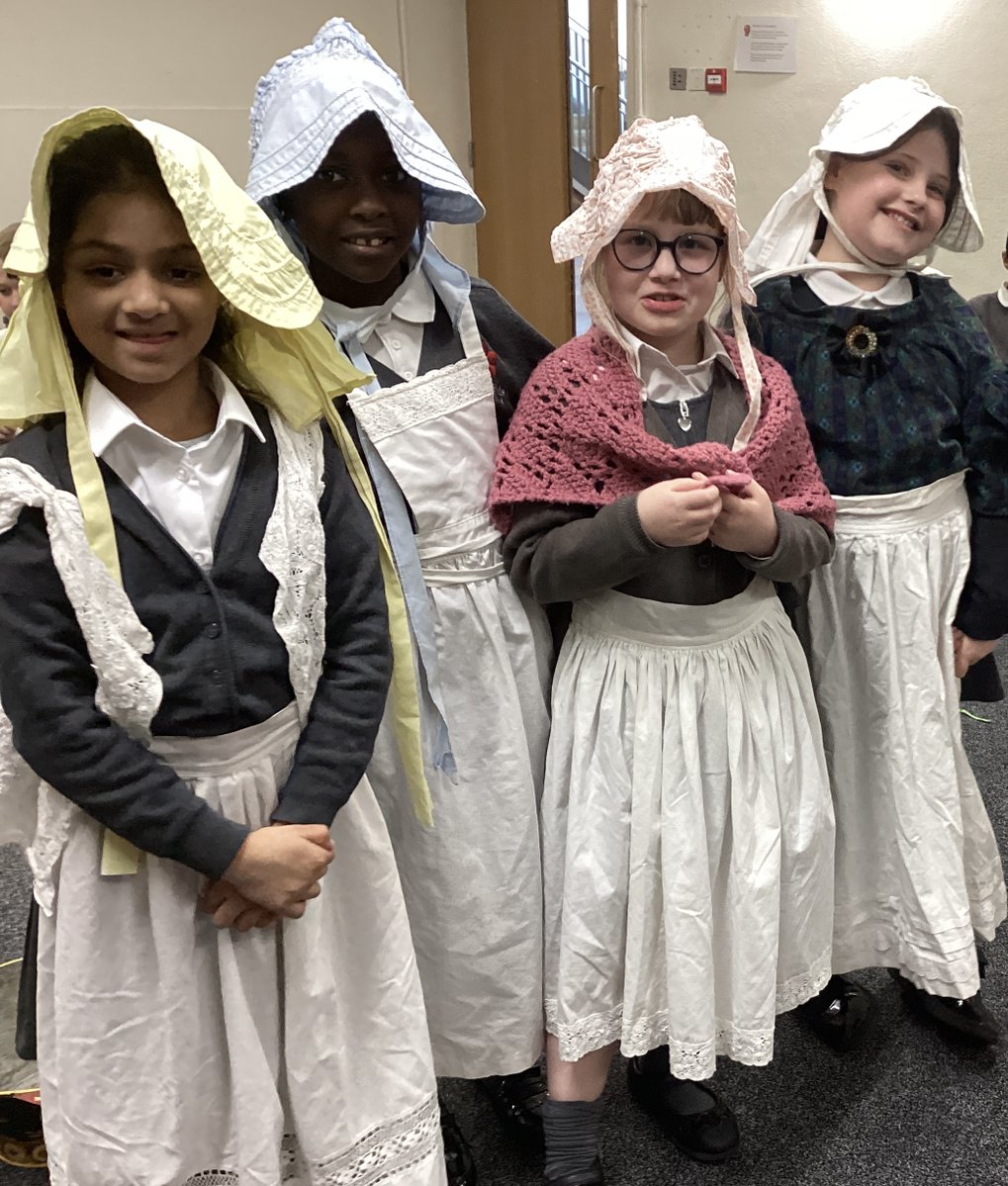
26/01/26
Year 3 visit - Banbury Museum. We looked at the lock and bridge outside on the canal. Learned about the different cargo carried by canal boats and sketched the boats and canal from the bridge walkway. It was a very enjoyable day! Thank you to Banbury Museum and your team.
follow us @CherryFieldsSch
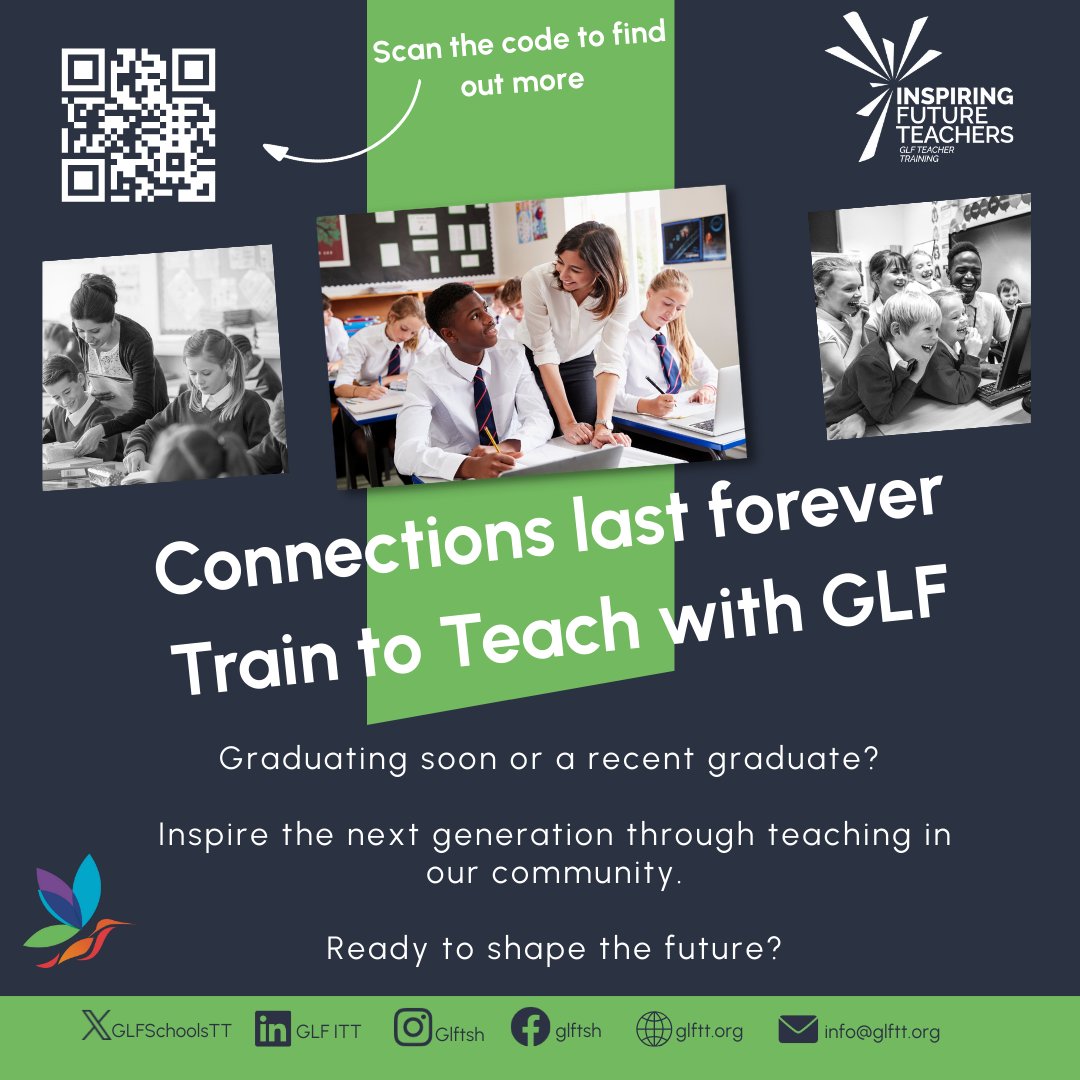
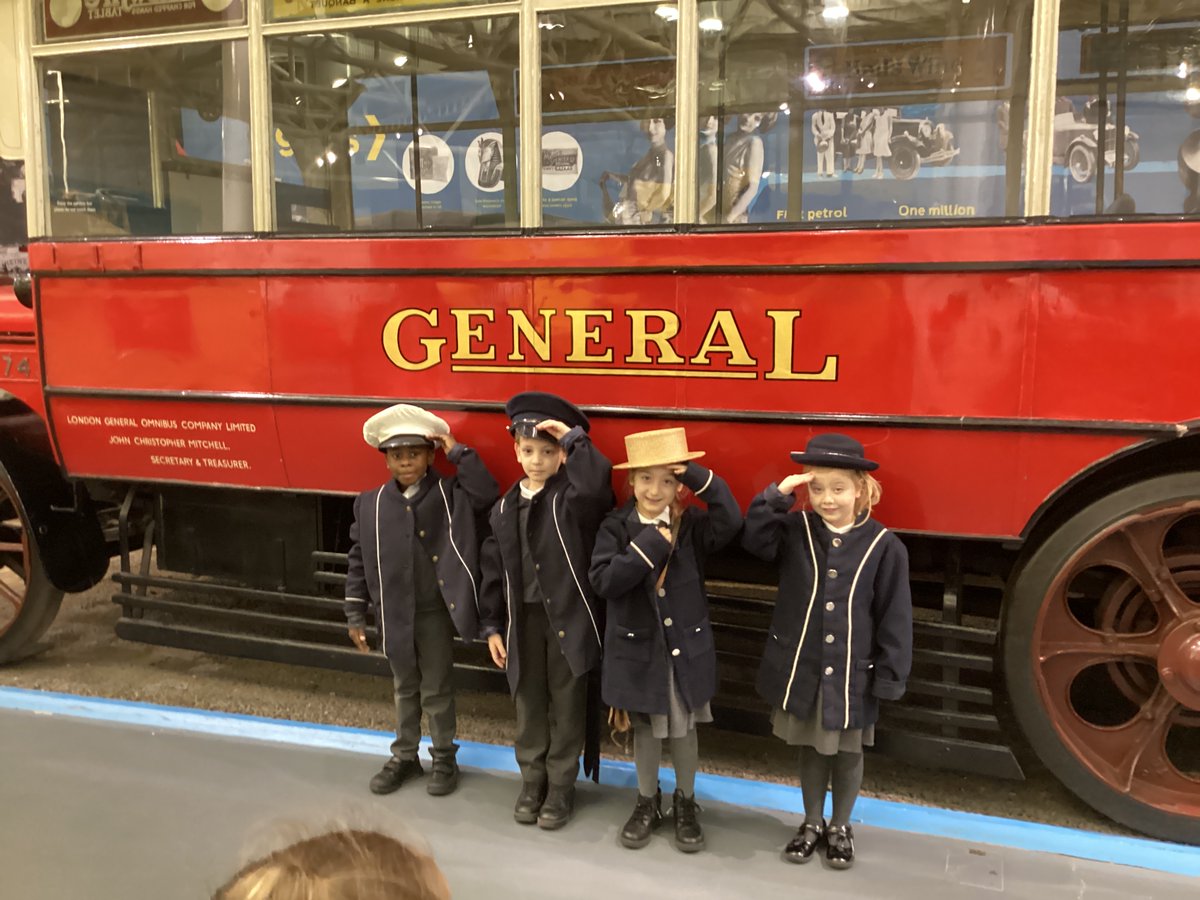
21/01/26
We had an amazing time at the British Motor Museum. The children enjoyed making Lego cars on different surfaces as well as exploring cars from the past. We climbed into old cars, like the 103-year-old bus Betty and the 1907 Austin. A big thank you to the wonderful Museum staff!
follow us @CherryFieldsSch
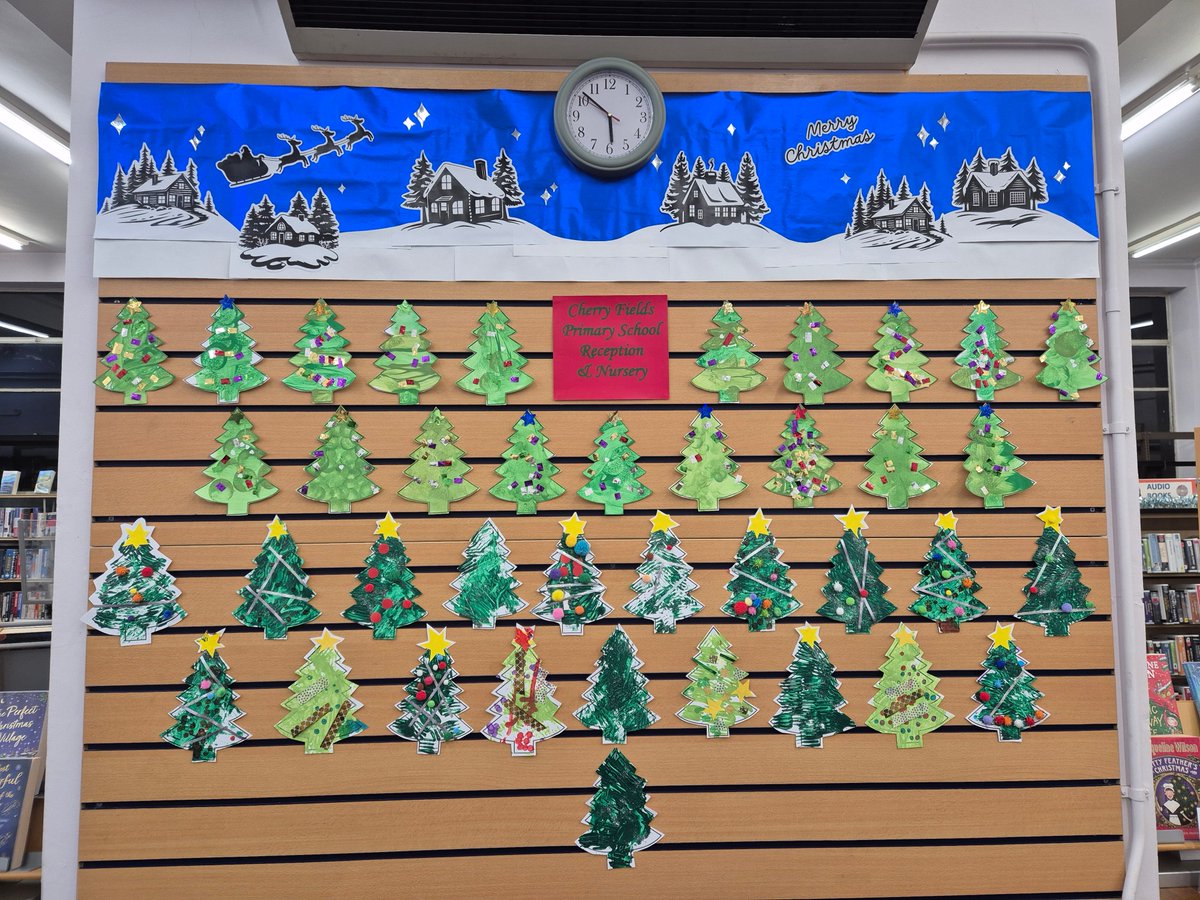
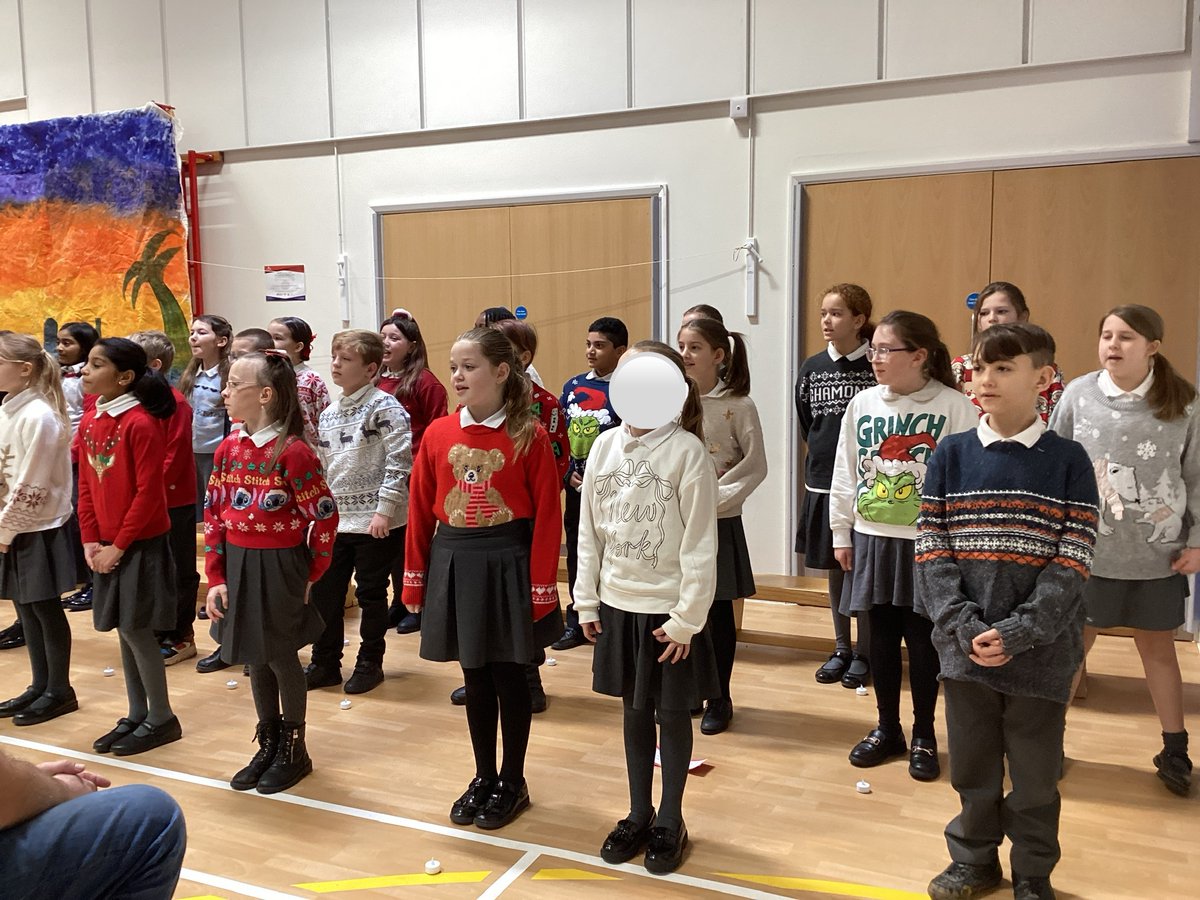
17/12/25
The children have worked really hard in their Christmas performances. It was lovely to hear the variety of songs and poems and to see the reaction from our adults watching. We also welcomed Green Pastures residents to our performance. We hope you all have a lovely Christmas.
follow us @CherryFieldsSch
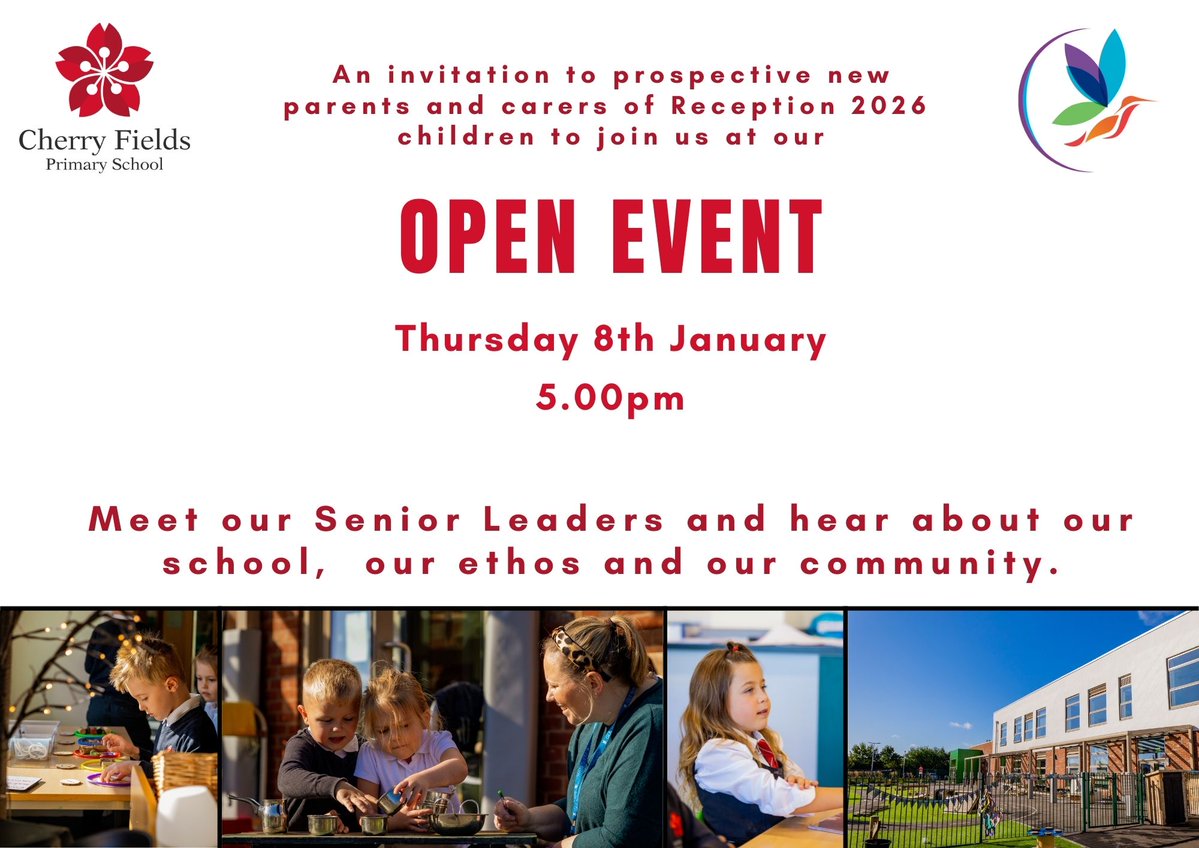
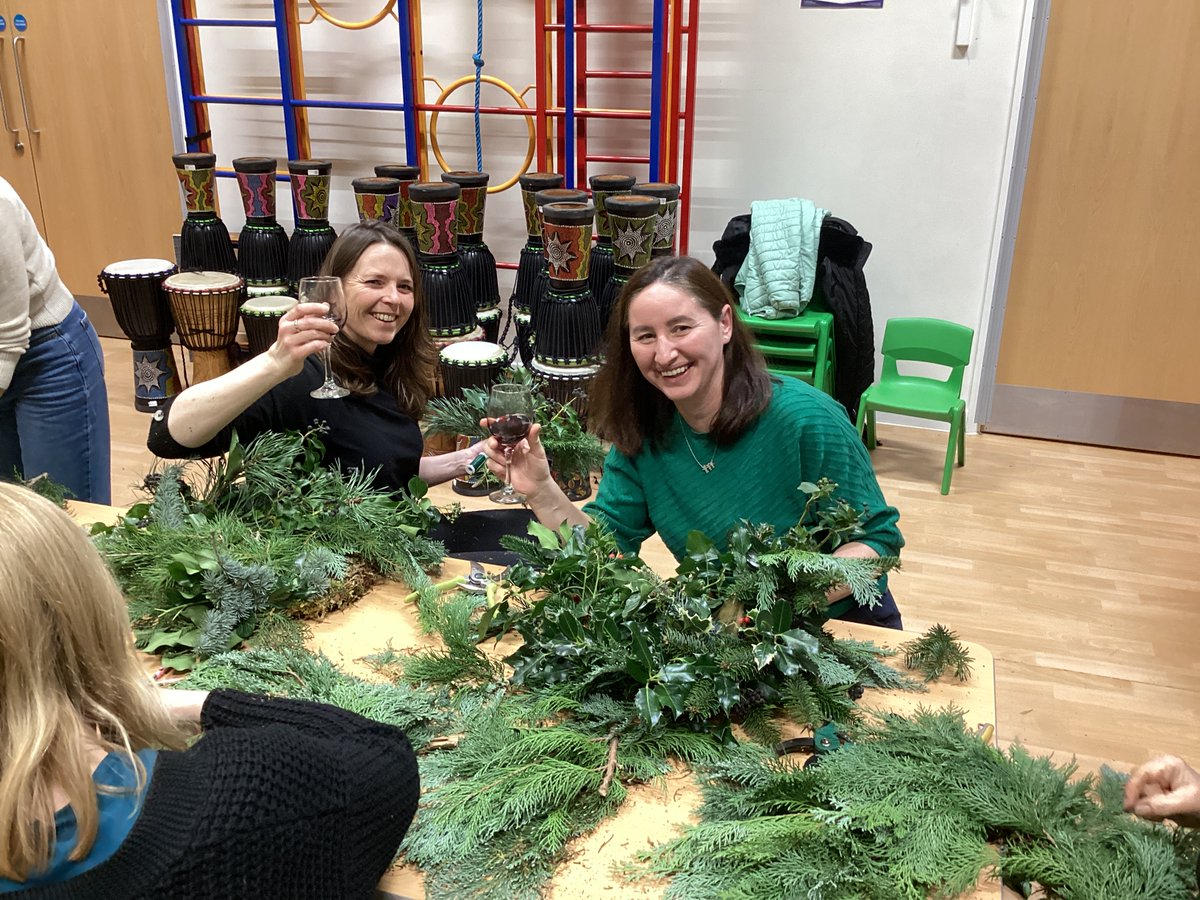
27/11/25
Thank you to all our families that came along to enjoy our very first wreath making workshop. It was a fun night with friends and everyone created some beautiful designs. We hope these will hang on your door with pride! A big thank you to Mel and Kate for leading the workshop.
follow us @CherryFieldsSch

24/11/25
A huge thank you to our families! With your continued support during our recent book fayre, we earned over £170 to spend on these new additions. Your generosity allowed us the opportunity to extend our school library with all these fantastic new books pictured here.
follow us @CherryFieldsSch

19/11/25
Nursery have had a very exciting week, this week. They have been on a community walk around our estate, looking out for key features such as bus stops and sculptures. They have also been practicing their fire safety skills, enjoying toasted marshmallows around the firepit.
follow us @CherryFieldsSch


11/11/25
Cherry Fields have taken part in the 2 minute silence to honour those who lost their lives in the First and Second World War. Year 4 attended a local memorial event whilst our Early Years classes created wreaths to display at the front of the school. We Will Remember Them.
follow us @CherryFieldsSch

05/11/25
We are celebrating winning two awards,which go to the top-performing schools in the country based on national survey data. We are delighted to be recognised in this way. Our parents and carers are at the core of our success and to win two parent choice awards makes us very proud.
follow us @CherryFieldsSch
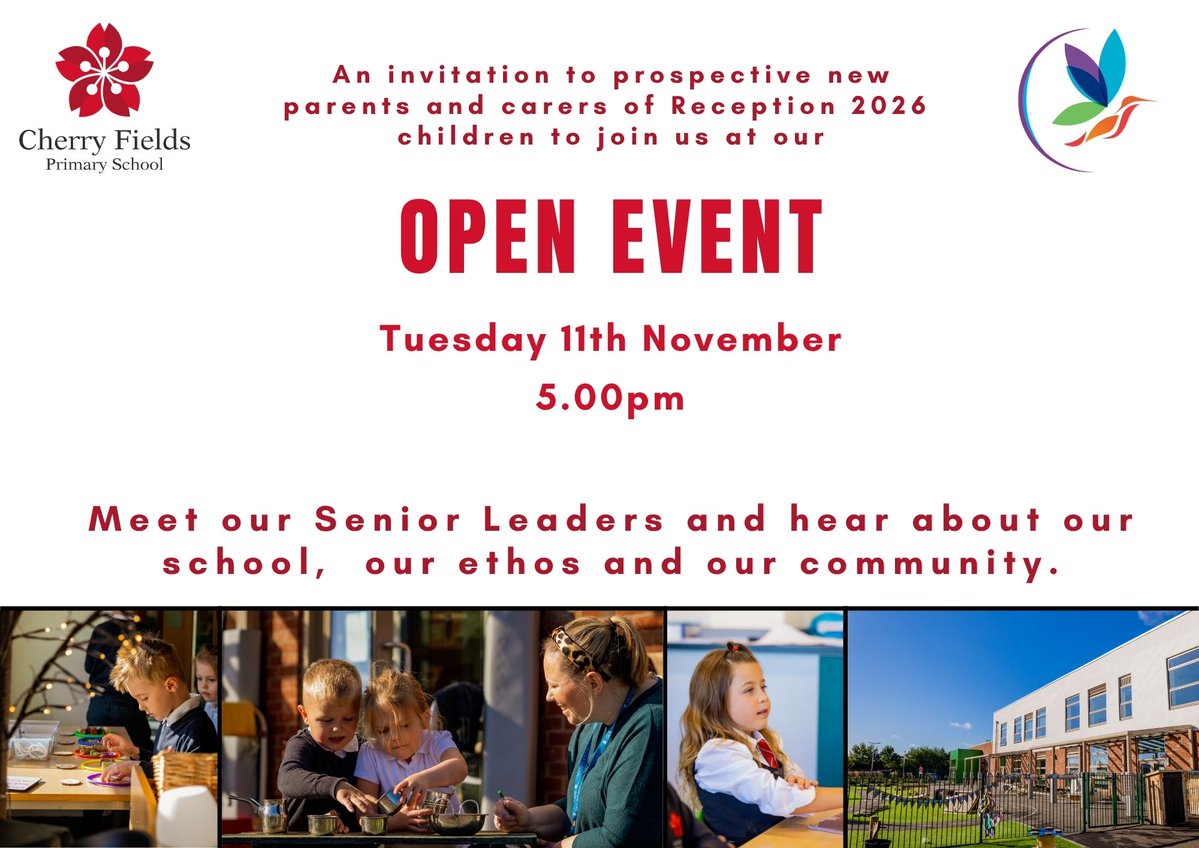
14/10/25
Please note the amended date for our next open event. If you are looking for a Reception 2026 place for your child please join us at 5pm on Tuesday 11th November.
follow us @CherryFieldsSch

08/10/25
Please join us on Monday 10th November for our open event. If you are looking for potential Reception 2026 places for your child, we would love you to come along and see what we do!
follow us @CherryFieldsSch

06/10/25
Year 2 pupils celebrating Jeans4Genes day recently. As a school we raised over £180 for this worthy cause.
follow us @CherryFieldsSch

16/09/25
Thank you to all of our school community for supporting PTA events over the past year. With the money raised we have been able to purchase some wonderful sensory chimes for our garden area. Without the hard work of members of the PTA this would not be possible-so thank you all!
follow us @CherryFieldsSch
